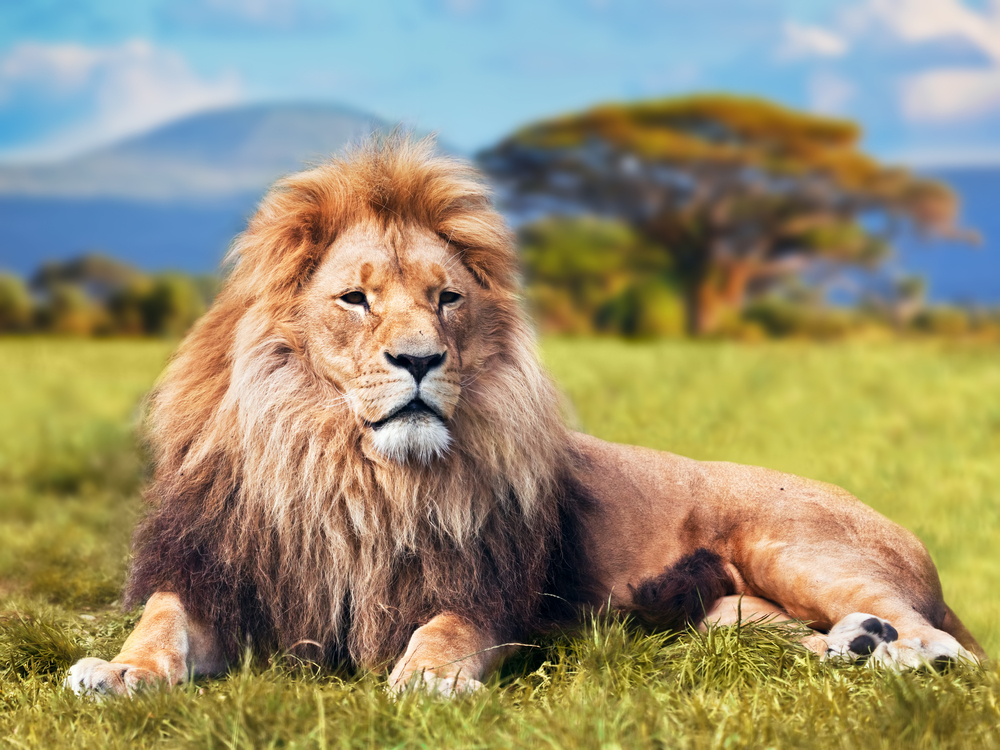Around 10,000 years ago, societies began to transition from a hunter/gatherer approach to feeding their families and tribes to an agricultural one, where working the land allowed them a less nomadic existence than following the food supply through its seasonal migrations.
In a similar way, our society seems to have adopted a primarily agricultural model of success. If you want to succeed, we are taught, you need to till the soil in your chosen field, working the land and planting seeds of opportunity. If you’re willing to work hard from dawn to dusk (or at the very least from 9am – 5pm), over time your efforts will bear fruit and you will be able to reap a rich harvest.
By way of contrast, let’s take a look at the traits and skills that are rewarded in a hunter/gatherer society. Responsiveness, flexibility, and quick reaction time are paramount because potential food comes along quickly and often disappears just as quickly. The ability to spot low-hanging fruit is always rewarded and setting traps and snares in a likely spot can bring pleasant surprises at the end of the day while you’re off doing other things.
When fresh game is in good supply, you don’t hunt any more than is needed, lest you thin the herd or fish out your hole unnecessarily. And when food is thin on the ground, you pack up and go where the food is instead of staying where you are in hopes that the food will come back to you.
When we map this over to the world of business and personal success, as hunter/gatherers we value the ability to travel lightly so we can capitalize on opportunities as they arise. The primary skill we want to develop is “opportunity spotting” – that is, noticing the opportunities to make a difference in our immediate environment and acting on them as quickly and responsively as we can. And while we don’t ignore the value of storing excess food between hunts, we recognize that some fruits spoil quickly and do our best not to become a slave to the demands of ownership.
Just as different weather patterns bring out different food sources, different economies create different opportunities. Because we have trained ourselves to be responsive, we don’t have a particular preference for one kind of weather system over another, so we don’t feel victimized by excess rain or drought in the way that our farmer brethren may feel cursed by them. When our food supply wanders off, we wander off after it, not tempted to stay where it used to be and wonder, as Spencer Johnson famously said, “who moved our cheese?”
My argument is not that being a hunter/gatherer is better than being a farmer. It’s that in the fast-twitch economy we find ourselves in:
By the time we’ve reached 10,000 hours of practice at our chosen discipline, the game has changed to the point where we need to start again from zero.
How can you apply this to your own business or career?
1. Slow down
Instead of spending today in pursuit of your goals, see what life has on offer for you right here, right now. If you had to make your living by being of service to those around you, what opportunities to serve do you notice turn up in your email, phone messages, daily news feed and conversations today?
2. Be willing to let go of old thinking
Deciding that you’re only willing to make your living by doing the job you were trained to do would be like choosing to only specialize in hunting narwhals. Very practical during narwhal season if you happen to be in the Arctic circle, but not so useful otherwise. Genius is infinite, and your ability to spot opportunities and make a difference will serve you in any environment.
3. Hunt to live, don’t live to hunt
Lions, by most modern human standards, are lazy animals. They only hunt when they need food and spend the rest of the time hanging out in the sun with their families, or “pride”. Yet as humans, we seem to take pride in working 24/7 in pursuit of more than we could possibly consume in multiple lifetimes.
So here’s our 10,000 year old secret to success in a nutshell:
Gather and care for what’s close at hand, enjoy the hunt when the hunt is on, and spend the rest of your time enjoying your already wonderful life.


